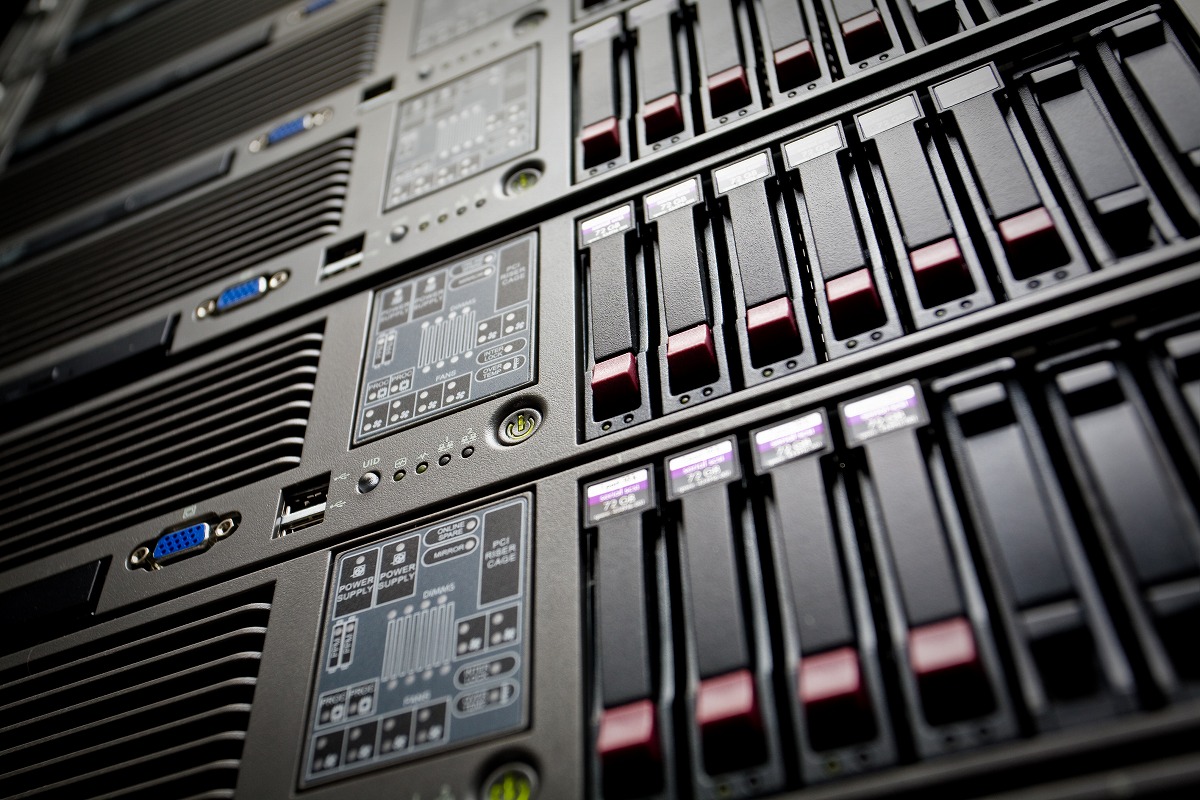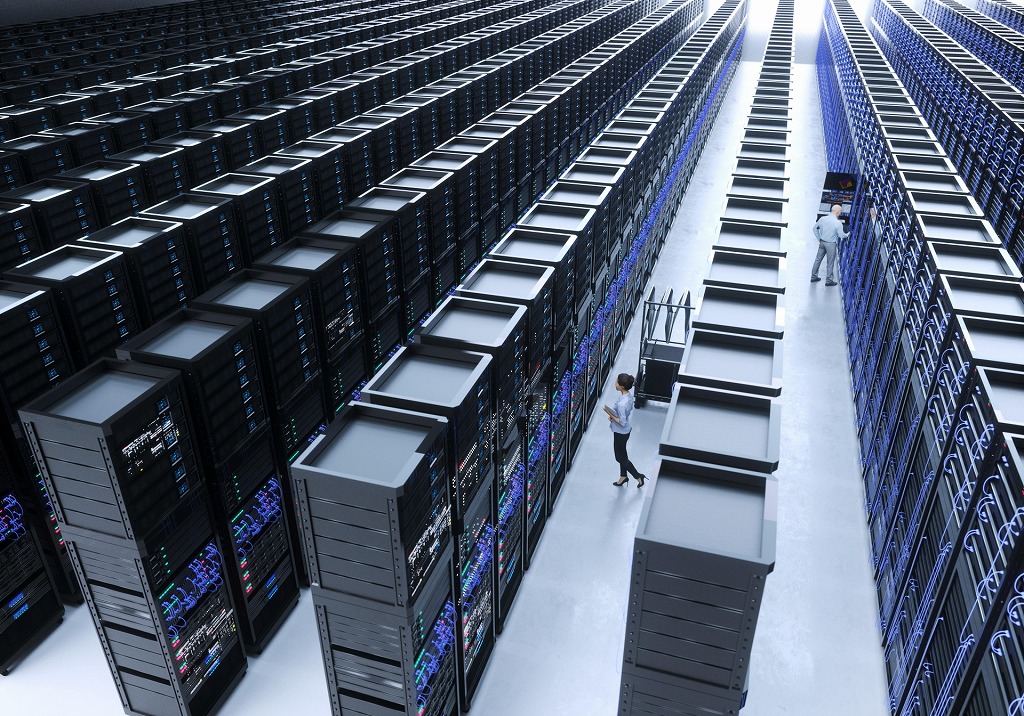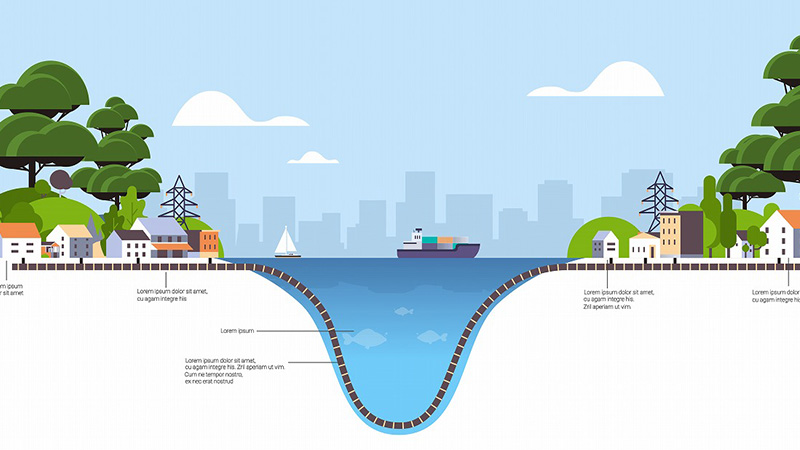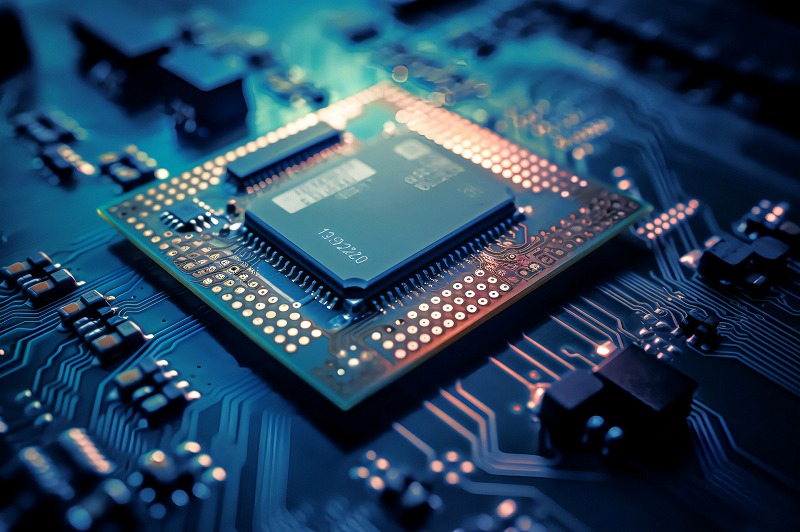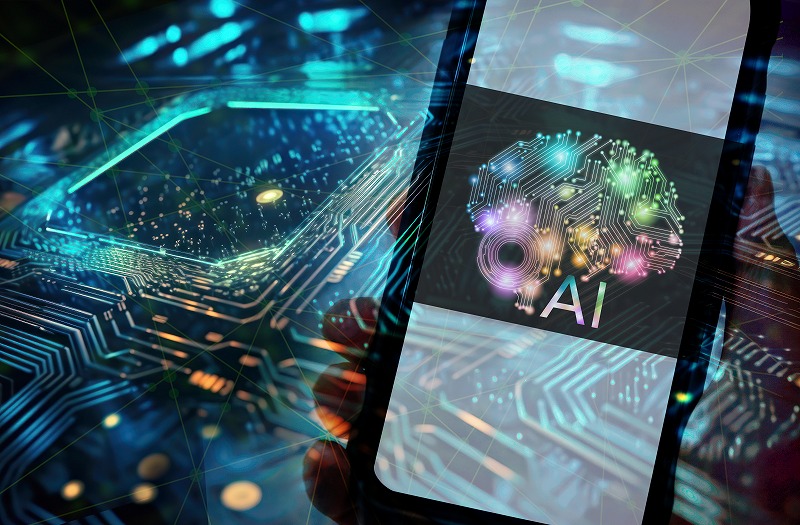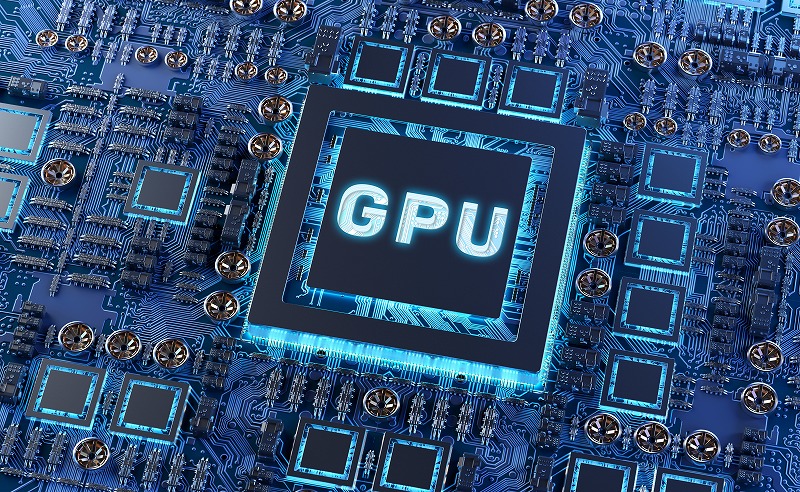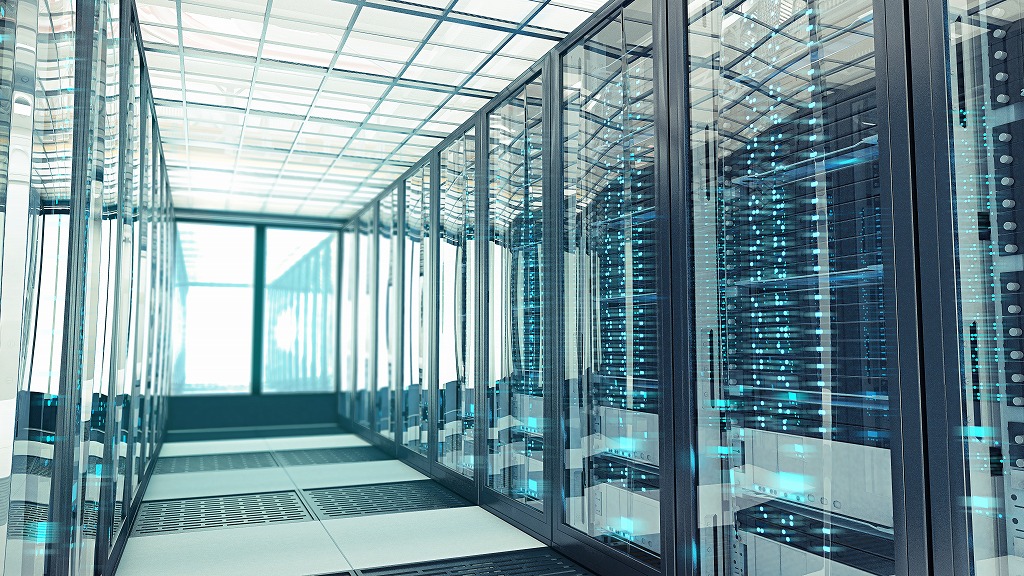
Archive
Sakura Internet, an Internet service provider that operates its own data centers equipped with Japan’s largest capacity and fastest communication lines, along with advanced security and robust infrastructure, has made a significant stride in the cloud services sector.
The company’s Infrastructure as a Service (IaaS) offering, “Sakura Cloud,” was certified in November 2023 by Japan’s Digital Agency in its call for cloud services to support government cloud infrastructure development. This certification marks a first for a Japanese company, as previously only foreign entities such as AWS, Microsoft Azure, Google Cloud, and Oracle Cloud Infrastructure were selected. This provisional certification is contingent on meeting all technical requirements by the end of fiscal year 2025.
To fulfill these requirements, Sakura Internet must significantly enhance its cloud functionalities in a short period, which hinges on acquiring exceptional IT talents capable of developing sophisticated software. The company plans to allocate grants primarily towards securing IT personnel, with a strategy to hire up to 200 individuals in the fiscal year 2024 and accelerate technological development in data storage and encryption.
Launching Cloud Services for Generative AI
Leveraging its certification as a government cloud provider, Sakura Internet is also venturing into meeting the demands of large corporations utilizing generative AI.
The development of “High Power,” a cloud service tailored for generative AI, was initiated, recognizing the critical need to ensure stable supply of computing resources for AI to advance Japan’s digital society. The service, equipped with “NVIDIA H100 Tensor Core GPUs,” commenced on January 31, 2024, with the “High Power PHY” bare-metal series. With a planned investment of 13 billion yen over three years, the company aims to expand this service further.
The newly launched “High Power PHY” features servers with eight “NVIDIA H100 Tensor Core GPUs” each and inter-server communication capabilities of 200GbE×4, designed specifically for uses such as large-scale language models central to generative AI. Moreover, the service is set to be provided from the Ishikari Data Center, operated entirely on renewable energy sources, enabling CO2 emission-free development of generative AI.
Industry Spotlight on Sakura Internet
Sakura Internet’s selection as a government cloud service provider, previously dominated by foreign companies, has garnered significant attention. Kunihiru Tanaka, the president of Sakura Internet, expressed a firm commitment to fulfilling the plan to enhance functionalities by the end of fiscal year 2025, reflecting a strong resolve. The future developments of Sakura Internet are highly anticipated within the industry.
2024.02.22
At the turn of the year, significant announcements were made by two of the world’s leading companies, Amazon and Google, regarding data centers, which we will introduce here.
Amazon to Invest 2 Trillion Yen in Data Center Business in Japan
In January, Amazon Web Services (AWS), the world’s largest cloud service provider, announced plans to invest approximately 2.3 trillion yen in Japan over the next five years from 2023 to 2027. The investment will be allocated to expanding data centers, which are the core infrastructure for cloud services, and strengthening operational systems. This acceleration in investment is in anticipation of the explosive increase in data processing needs due to the widespread adoption of generative AI.
The Japanese subsidiary of AWS held a press conference in Tokyo on the 19th to explain its investment strategy. The total investment in facilities and operational costs for data centers in Japan, which process and store customer data, was 1.51 trillion yen over the 12 years from 2011 to 2022. Over the next five years, from 2023 to 2027, they plan to invest 2.26 trillion yen.
This massive investment exceeds the investment plan for the growth market of India, which is projected to reach 1.56 trillion rupees (approximately 1.9 trillion yen) by 2030, highlighting a clear focus on the Japanese market.
At the press conference, Tadao Nagasaki, President of AWS Japan, stated, “We aim to support the utilization of data by Japanese customers, generate various economic ripple effects, and contribute to the growth of Japan.”
Google Group Company to Construct Data Center in Cosmo Park Kata Industrial Estate in Wakayama City
The Cosmo Park Kata industrial estate in Wakayama City is a 252-hectare industrial area developed on the site where soil was extracted for the construction of Kansai International Airport.
Although the Wakayama Prefecture Land Development Corporation advanced the development, economic downturns quickly stalled the plans. The prefecture rented some of the land to promote industrial recruitment, but 87 hectares remained unsold, becoming a longstanding issue.
In this context, more than 40% of this land, totaling over 37 hectares, was sold to Ase LLC, a group company of the American IT giant Google, based in Tokyo.
The total sale price of the land is reported to be 5.94 billion yen.
Furthermore, according to Wakayama Prefecture, there are plans to construct a data center to enhance data processing speed and stability, although the details of the project plan have not been disclosed.
The process of contracting for the sale of the land is set to proceed.
Summary
With a sharp increase in cloud demand for generative AI, American Microsoft is also rushing to invest in data centers in Japan. Microsoft activated several data centers in western Japan in February last year. Google has also been operating Japan’s first data center in Inzai City, Chiba Prefecture, since March of last year. Moreover, expansion in regional areas is expected to accelerate, and we will continue to provide updates on these developments.
2024.02.06
In December 2023, Arteria Networks Corporation and AT Tokyo Corporation decided to lay a communication optical fiber cable across Tokyo Bay, a first in Japan, connecting the Toyosu-Ariake area, which hosts a concentration of IT companies, with the Shibaura-Shinagawa area.
What underlies this decision?
The backdrop for the installation of the communication optical fiber cable includes the rapid increase in communication traffic due to changes in work styles, the rise of rich content such as video streaming, and the spread of DX, AI, and IoT, necessitating the enhancement of optical communication facilities that are vital to data centers accumulating massive data. Furthermore, communication networks, being essential social infrastructure, must not be severed under any circumstances.
To meet such societal demand, the decision was made to lay a communication optical fiber cable across Tokyo Bay, ensuring a route for data centers located on islands without relying on bridges. A notable feature is the use of the arc advancement method, considering environmental conservation.
AT Tokyo is working towards establishing a Central Third Center in the Shibaura-Shinagawa area by July 2024 as a network connection hub comparable to existing data centers, contributing to Tokyo’s information infrastructure, which brings together major financial businesses, content providers, and telecommunications operators from Japan and around the world.
Arteria Networks aims to support Tokyo as a leading technology industry and international financial city by connecting data centers in the Toyosu-Ariake area and the Shibaura-Shinagawa area provided by AT Tokyo with a high-capacity, low-latency cable route via the shortest path, offering flexible and diverse communication services.
Reasons for connecting data centers via the Tokyo Bay crossing route
The installation of this communication optical fiber cable aims to connect the Toyosu-Ariake and Shibaura-Shinagawa areas through redundant land and sea routes, enabling the use of a more reliable network infrastructure.
Existing land cable routes are at risk of flooding and liquefaction during disasters, potentially severing the network. The Tokyo Bay crossing communication optical fiber cable, installed using HDD (Horizontal Directional Drilling) method, crosses Tokyo Bay in a continuous underground conduit, ensuring a high-capacity, high-speed communication by securing an alternate route to the land, resistant to damages from ship anchors and other hazards.
Arteria Networks’ strategic initiatives in the data center business
The Inzai area in Chiba Prefecture has been deemed suitable for data center operations due to the strength of its ground, high accessibility to Tokyo and Narita, and connectivity to the submarine cable landing stations in northern Ibaraki and southern Boso in Chiba. In 2021, Arteria Networks announced the installation of a dedicated line facility capable of up to 100Gbps at the NRT10 data center being constructed by MC Digital Realty in the Inzai area of Chiba Prefecture. The laying of the communication optical fiber cable across Tokyo Bay is backed by Arteria Networks’ longstanding strategic efforts, with further advancements expected in the future.
2024.02.01


 JA
JA